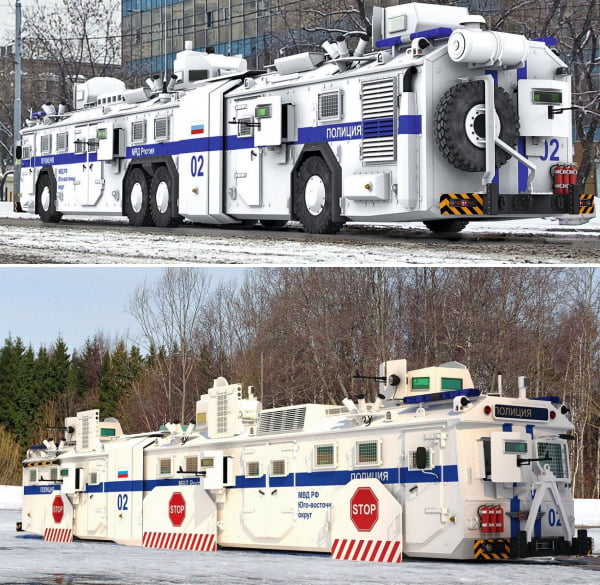


Supreme Court, DUI checkpoints are generally legal. DUI Roadblocks Might be Illegal Under State Law As with all searches and seizures, the legality of a DUI checkpoint detention depends on the circumstances.
#Police roadblock app driver
For example, if police were to delay a driver for an inordinate amount of time or search the inside of a vehicle without evidence of impairment or wrongdoing, it's likely a court would find the stop went beyond what was reasonable.

However, the Supreme Court's general approval of sobriety checkpoints doesn't mean every detention at such a checkpoint is lawful.
#Police roadblock app drivers
Basically, the Court said the importance of keeping impaired drivers off the road generally outweighs the inconvenience and intrusion to motorists. In spite of the general rule, the Supreme Court has found that temporary DUI checkpoint stops (without reasonable suspicion) do not violate the Fourth Amendment rights of drivers at checkpoints. Typically, a vehicle stop is reasonable only if the police have a reasonable suspicion that the driver has broken the law.īut with DUI checkpoints, police stop every car on the blocked roadway-meaning police detain these drivers without having reason to believe they did anything wrong. Constitution allows only searches and seizures that are "reasonable." And when police pull over a vehicle, it's considered a seizure for Fourth Amendment purposes. The Fourth Amendment and Balancing Interests After that, we'll quickly cover how state laws can also affect the legality of sobriety checkpoints. Supreme Court has said about the legality of DUI (driving under the influence) checkpoints under federal law. To be legal, DUI checkpoints must be allowed under state and federal law. If, as a result of the more thorough investigation (which might include field sobriety tests or a breathalyzer), an officer determines a driver has had too much to drink, an arrest is likely. But if an officer suspects a driver of being intoxicated, he or she will typically require the driver to pull over where another officer will conduct a more thorough DUI investigation. The officers will allow most vehicles to pass through after only a short delay. As each vehicle reaches the roadblock, an officer will ask a few questions and attempt to assess whether the driver has had anything to drink or might be under the influence. Police running a sobriety checkpoint will typically have a roadblock set up where one or more officers are standing next to the traffic lane on the driver's side. In these situations, drivers can't easily avoid a checkpoint by turning down another road. Generally, police set up sobriety checkpoints in areas where traffic in one direction is funneled down to a single roadway. So how is it that police can set up a sobriety checkpoint and-without any specific evidence of drunk driving or any other crime-stop every car that comes down the road? How DUI Checkpoints Work

Generally, police aren't allowed to stop a vehicle unless there's reason to believe a crime or traffic violation has been committed. The Internet is not necessarily secure and emails sent through this site could be intercepted or read by third parties. The lawyer or law firm you are contacting is not required to, and may choose not to, accept you as a client. Any information sent through this site does not create an attorney-client relationship and may not be treated as privileged or confidential. You should not send any sensitive or confidential information through this site. Your number will be held in accordance with our Privacy Policy. You will receive up to 2 messages per week from Martindale-Nolo. Attorneys have the option, but are not required, to send text messages to you. You are not required to provide consent as a condition of service. Messages may be sent using pre-recorded messages, auto-dialer or other automated technology. Martindale-Nolo and up to 5 participating attorneys may contact you on the number you provided for marketing purposes, discuss available services, etc. By clicking "Find a Lawyer", you agree to the Martindale-Nolo Texting Terms.


 0 kommentar(er)
0 kommentar(er)
